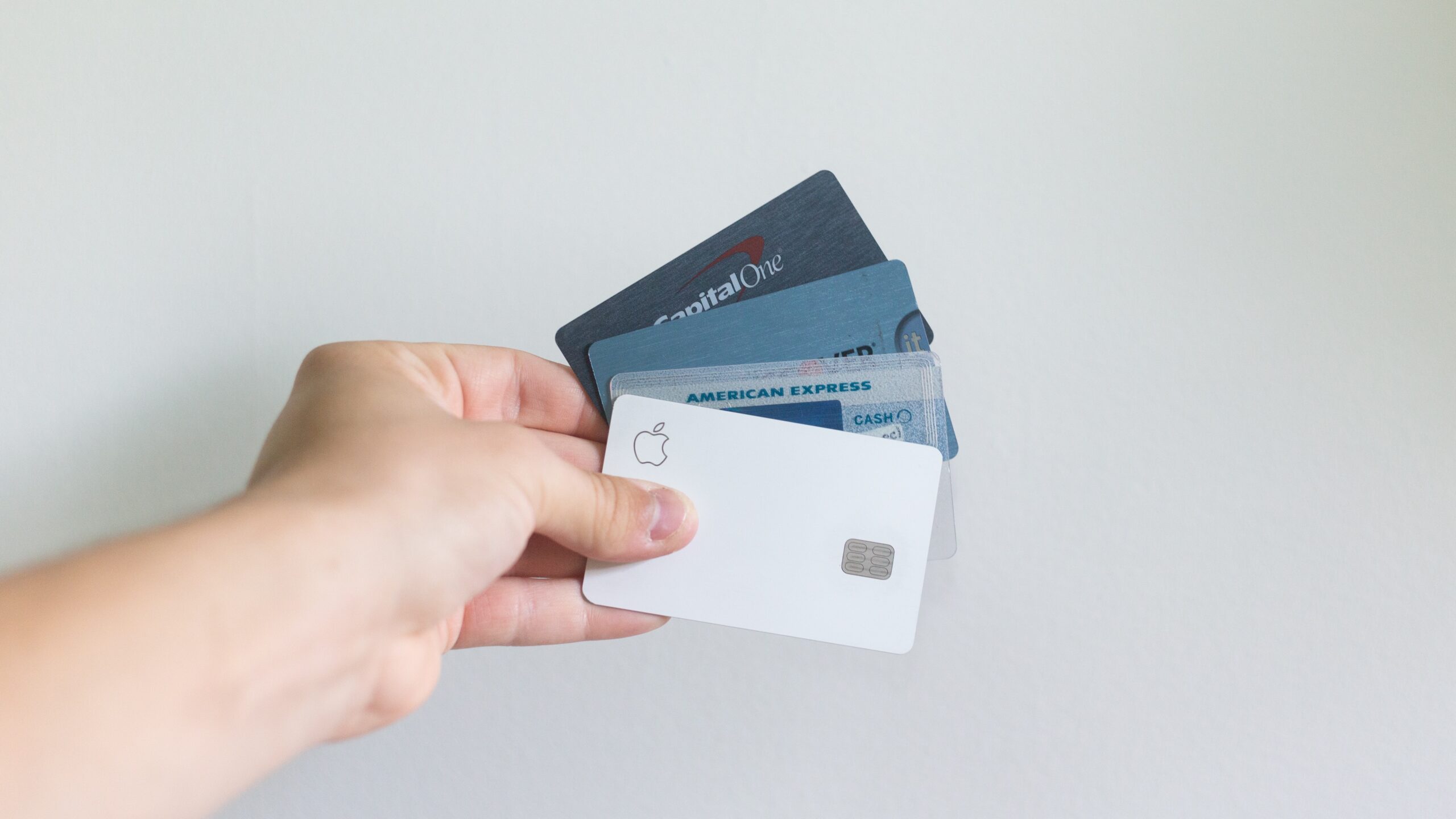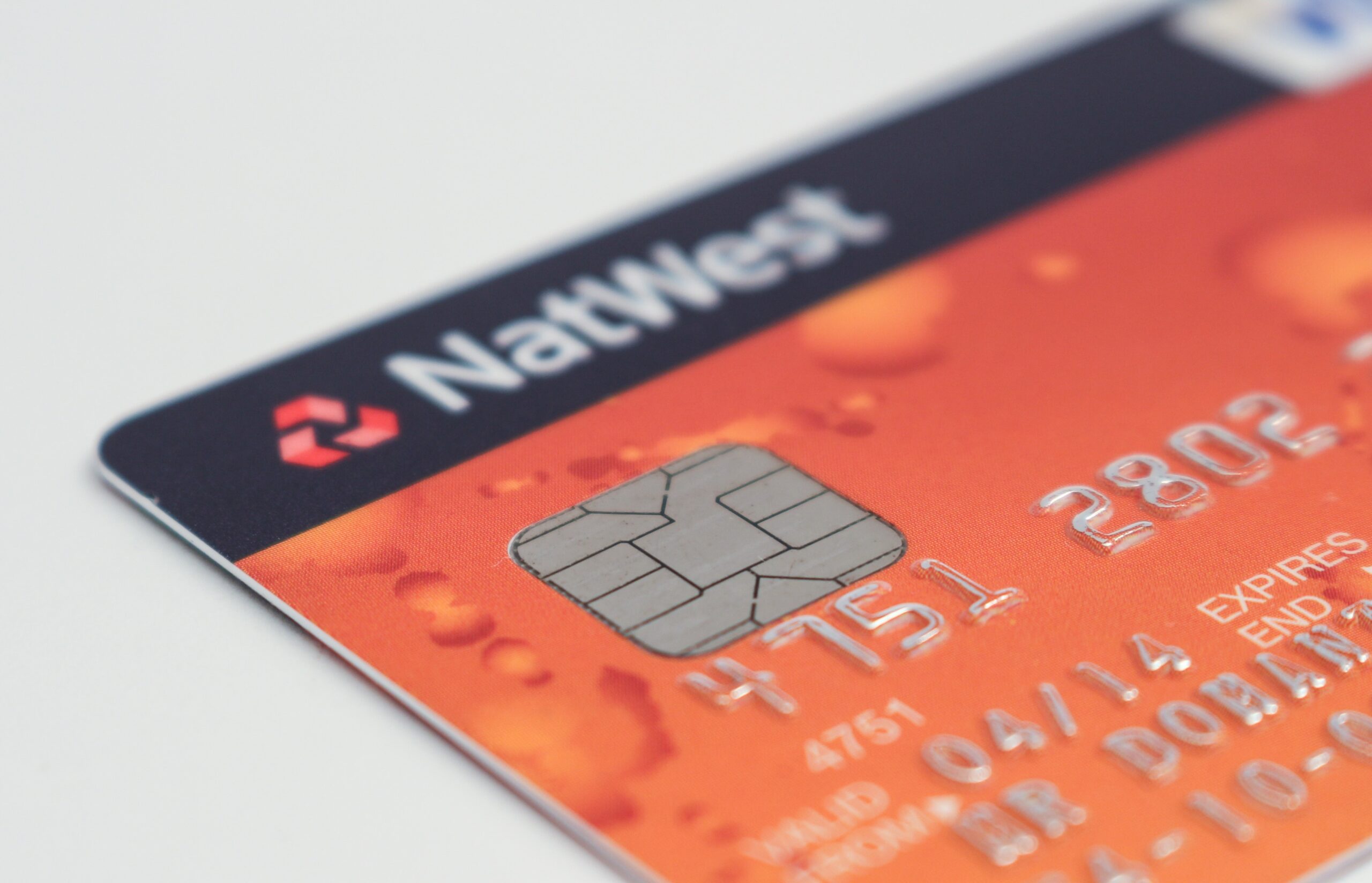In England & Wales, Individual Voluntary Agreements (IVAs), Debt Relief Orders (DROs) and Bankruptcy can be used to write off debts.
All the options are legally binding and you should think carefully before choosing one of them.
This article will explain what IVAs and DROs are, as well as exploring pros and cons of each option.
What is an Individual Voluntary Arrangement (IVA)?
A IVA is a debt payoff method in which a person makes reduced monthly payments towards their debts. This way, it’s similar to a Debt Management Plan (DMP). A key difference is that an IVA is legally binding and your name is added to a public insolvency register.
It can last for up to 6 years. After the 5-6 year period, any remaining debts are written off.
There isn’t a minimum amount of debt you have to be in in order to apply for one. A person might choose to obtain one if they know there isn’t a realistic possibility of them being able to repay their debts.
Similar to bankruptcy, an IVA is arranged by an Insolvency practitioner. The practitioner works with you to determine how much you can afford to pay creditors.
Is an IVA right for you?
Several things need to be taken into account before opting for an IVA.
The first is the eligibility criteria. If you have debts of £7,000 or more, are unable to repay them, and have at least £75 monthly disposable income, you are eligible.
The next thing to consider is the cost. IVAs tend to be expensive to obtain because they are set up by an Insolvency Practitioner – a similar process to bankruptcy. Insolvency Practitioner fees vary depending on personal circumstance. But the Citizens Advice Bureau estimates that the average cost of an IVA is £5000. If you have been referred for IVA by the court, this incurs additional charges as well.
Thirdly, you need to have a reliable source of income because you’ll be required to pay minimum £50 a month towards the debts.
An IVA can be an alternative option to bankruptcy. Furthermore, creditors will stop debt collecting measures such as phone calls and letters. This provides emotional relief for people, as certain debt collection methods negatively impact people’s mental health.
Furthermore, any interest on the debts is frozen and your assets are protected.
Lastly, an IVA may allow your home to be protected. Payplan details exactly how an IVA affects your home here.
What Debts Does an IVA Cover?
A IVA covers a range Debts such as:
- Loans,
- Credit Cards
- Overdrafts
- Utility bills (Gas and Electricity)
- Income tax
- Debts owed to family and friends.
What Debts CAN’T be Covered by IVA?
Similar to Bankruptcy, You can’t include:
- Court Fines
- Child support payments
- Student loans
You need to utilise other debt solutions in order to pay for these.
What is a Debt Relief Order (DRO)
A DRO is a debt management solution that can allow your debts to be written off. It lasts for 12 months. During the 12 month period, creditors are forbidden from taking any action against you. If your circumstances haven’t changed after 1 year, your debt is written off.
Akin to bankruptcy and IVA, your name is placed on an insolvency register. Another way it’s similar to bankruptcy is that you aren’t allowed to act as a company director without permission from the court.
Your credit score is also adversely affected, as they remain on there for 6 years. On the other hand, it costs £90 to apply, which is significantly cheaper than bankruptcy or IVA.
Is a DRO right for you?
A Debt relief order might be right for you if you meet the following criteria:
- You must have assets that are valued at less than £2000
- You owe £30,000 or less
- Your monthly disposable income is less than £50
- You haven’t had a DRO in the last 6 years
- Your car or motorbike is worth less than £2000
What Debts does a DRO cover?
- Utilities (gas, water electricity)
- Rent, Council and income tax
- Credit cards, loans and overdrafts
- Personal debt (e.g. money owed to family)
- Parking fines
- Mortgage arrears
- Overpayments from benefits.
Make sure you seek advice before choosing a DRO or an IVA. Do you have any experience with either of these?


